The History of Perfume: From Antiquity to Today
The art of perfumery is a practice that has evolved over the centuries, transforming from a sacred ritual into a mass-market sector. Since ancient times, scents have held great importance in various cultures, and today, the use of perfumes has become a form of personal expression and sophistication. In this article, we'll explore the fascinating history of perfume, the evolution of scents, and how they have become symbols of status and elegance.
The Origins of Perfume in Antiquity
The history of perfume dates back to ancient civilizations, where scents were used in both religious ceremonies and everyday life. The Egyptians, for example, were known for their sophistication in creating sophisticated scents from ingredients such as resins, flowers, and spices.
Egypt and the Perfumer
In ancient Egypt, perfumes were considered sacred and used in rituals to honor the gods. Women, especially those of nobility, were known for their skill in perfume- making. The famous Queen Cleopatra is one of the most iconic figures associated with perfumery. She is said to have used blends of oils and essences that left an intoxicating trail in her wake .
Mesopotamia and the First Formula
Mesopotamia also deserves mention for its contribution to the history of perfume. The ancient Sumerians were already creating fragrances from aromatic plants. Tablets containing the earliest perfume formulas have been found, proving that the art of perfumery was appreciated more than 4,000 years before our era.
Perfume in Ancient Greece and Rome
The Greeks and Romans continued the tradition of perfumery, further enriching the history of perfume. During this period, the use of perfume spread and became a status symbol, worn by emperors and influential figures.
Aromas in Daily Life
In Greece, the use of sophisticated scents was not limited to the nobility. Common people also used perfumes to improve their personal hygiene and to beautify their living spaces. Olive oil, combined with flower essences, became one of the most popular blends.
The Aroma of Rome
The Romans took perfumery to a whole new level, creating elaborate systems for producing and marketing perfumes . Perfume shops were established in cities, and preservation and extraction techniques were developed that still exist today. The Romans also innovated by introducing equivalences in fragrance blending, creating scents that combined different ingredients in a uniform way.
The Middle Ages and the Renaissance: The Perfumer Reborn
As Europe entered the Middle Ages, the use of perfumes declined significantly in many cultures. However, the arrival of the Renaissance brought with it a revival of interest in perfumery. New essences began to be explored, and the quality of perfumes improved significantly thanks to advances in distillation.
The Impact of the Crusades
The Crusades facilitated cultural exchange between East and West. Exotic spices and fragrances from the Middle East were highly valued and began to influence European perfume making. This fusion of cultures led to the emergence of sophisticated scents incorporating ingredients such as musk and amber.
The Invention of Cologne
The 18th century marked another milestone in the history of perfume with the invention of eau de cologne. This product was lighter and more accessible, allowing more people to enjoy fragrances at an affordable price . The city of Cologne, Germany , became a center of perfume production, establishing the archetype of what would later be known as colognes.
The 19th Century and the Rise of the Perfume Industry
The 19th century witnessed industrialization, and perfume production became a more systematic and professional process. Industrial devices, such as the still, made the extraction of essences clearer and more efficient. This allowed for a greater variety and improved quality of fragrances available on the market.
The Age of Elegance
During this period, many iconic fashion houses emerged and began offering their own fragrances . Names like Guerlain and Chanel began to establish themselves as industry leaders, creating fragrances that became legendary. The famous Chanel No. 5, launched in 1921, became synonymous with elegance and luxury.
Perfumery Today: Beyond Tradition
Today, perfumery is a vast and complex universe encompassing an immense variety of sophisticated scents . Modern technology has enabled the development of fragrances that are both innovative and eco-friendly. Furthermore, the demand for equivalents has increased significantly; many people are opting for high-quality alternatives to the best perfumes on the market at a more affordable price , such as those we have been offering at OK Perfumes since 2020.
The Importance of Fragrances in Everyday Life
Perfumes are not just a luxury; they also play a significant role in people's daily lives. They are used to mark special moments, to improve mood, or even as a way to make a statement in social and professional settings.
Towards a Sustainable Future
The perfume industry is increasingly embracing sustainable practices. With the growing interest in natural and cruelty-free products, many perfume houses have adopted strategies that ensure the quality of their fragrances without compromising ethics and at a fair price for consumers.




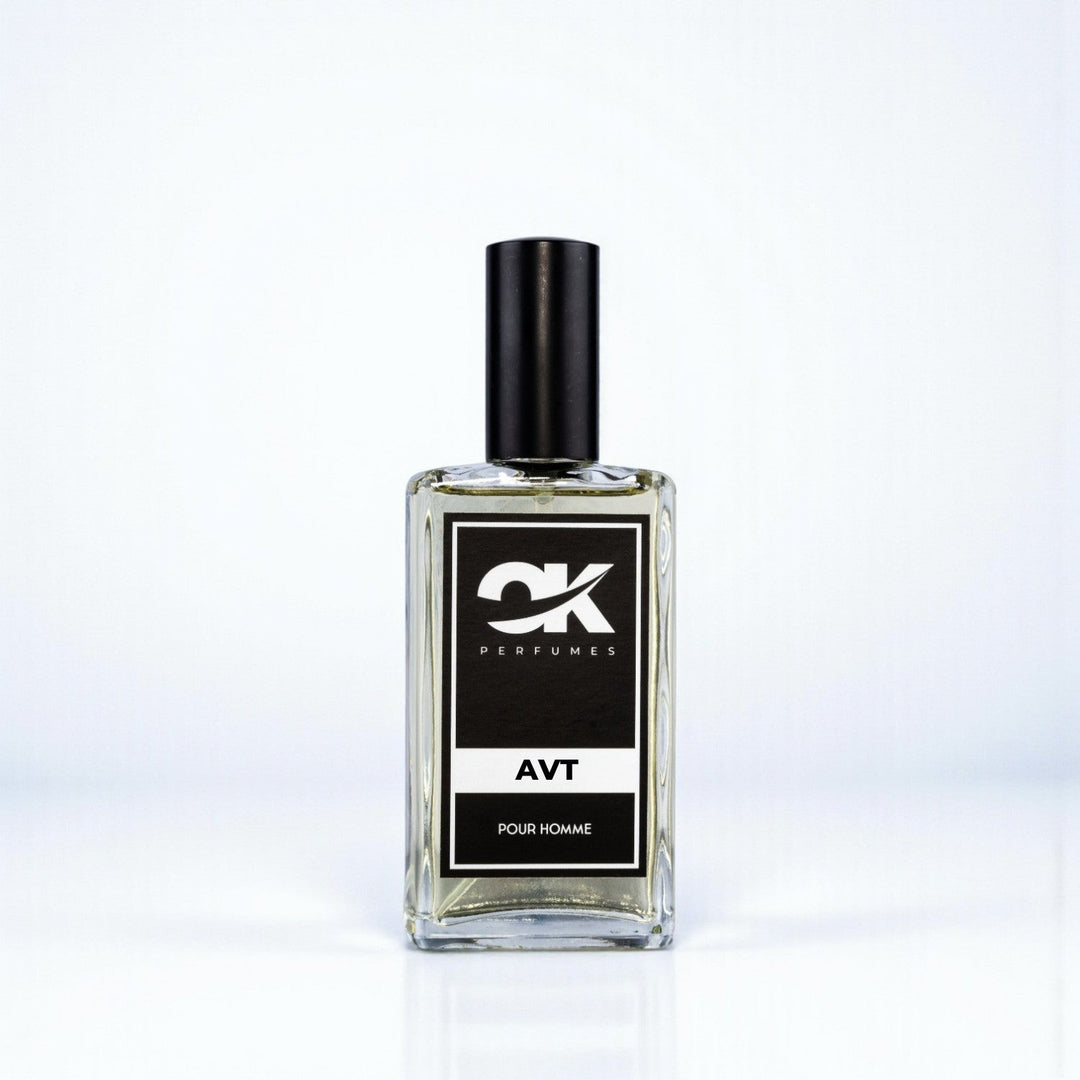
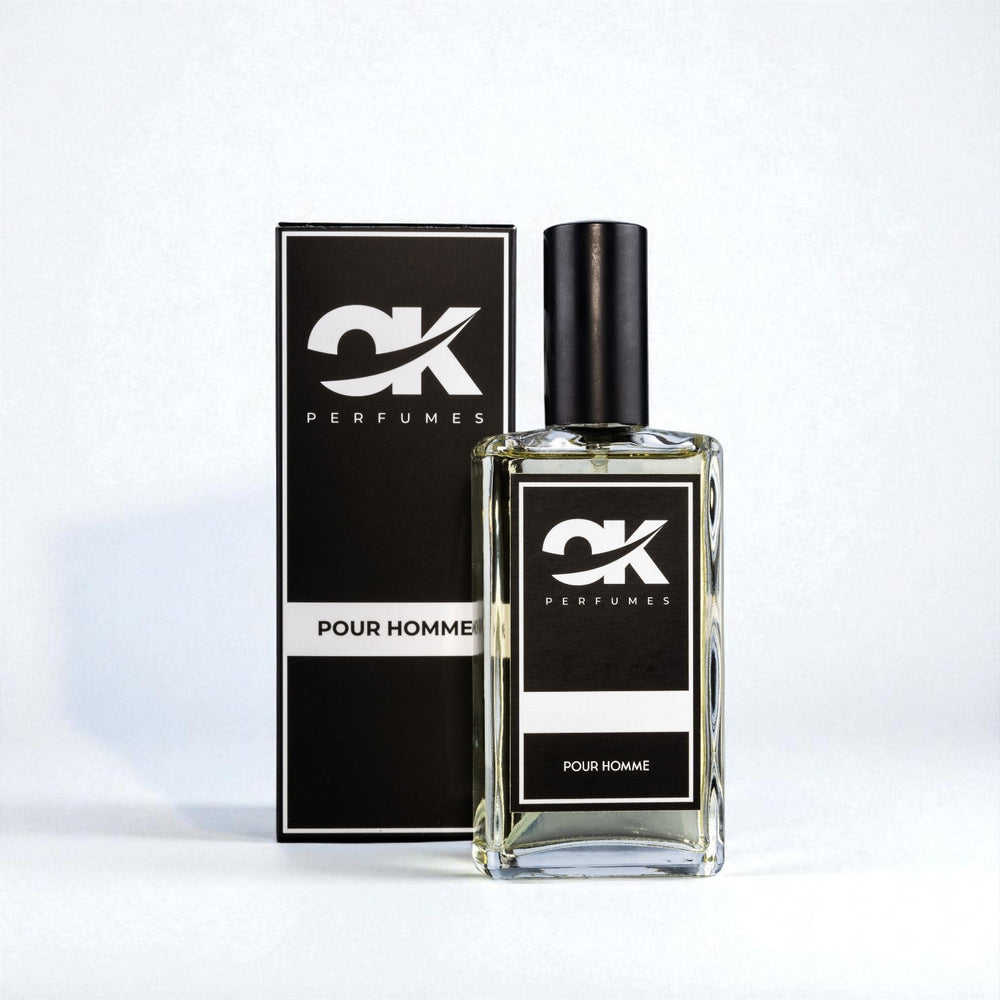
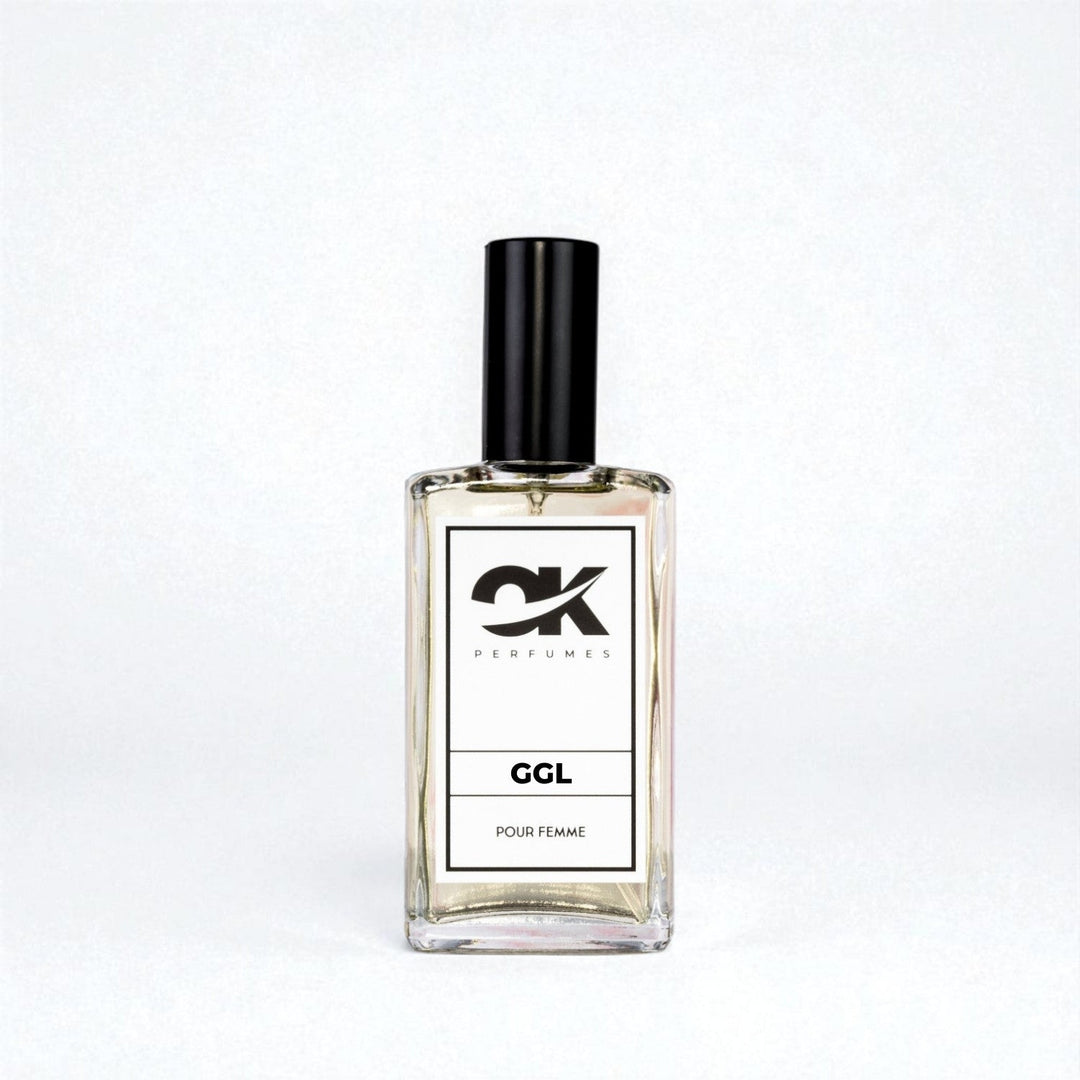
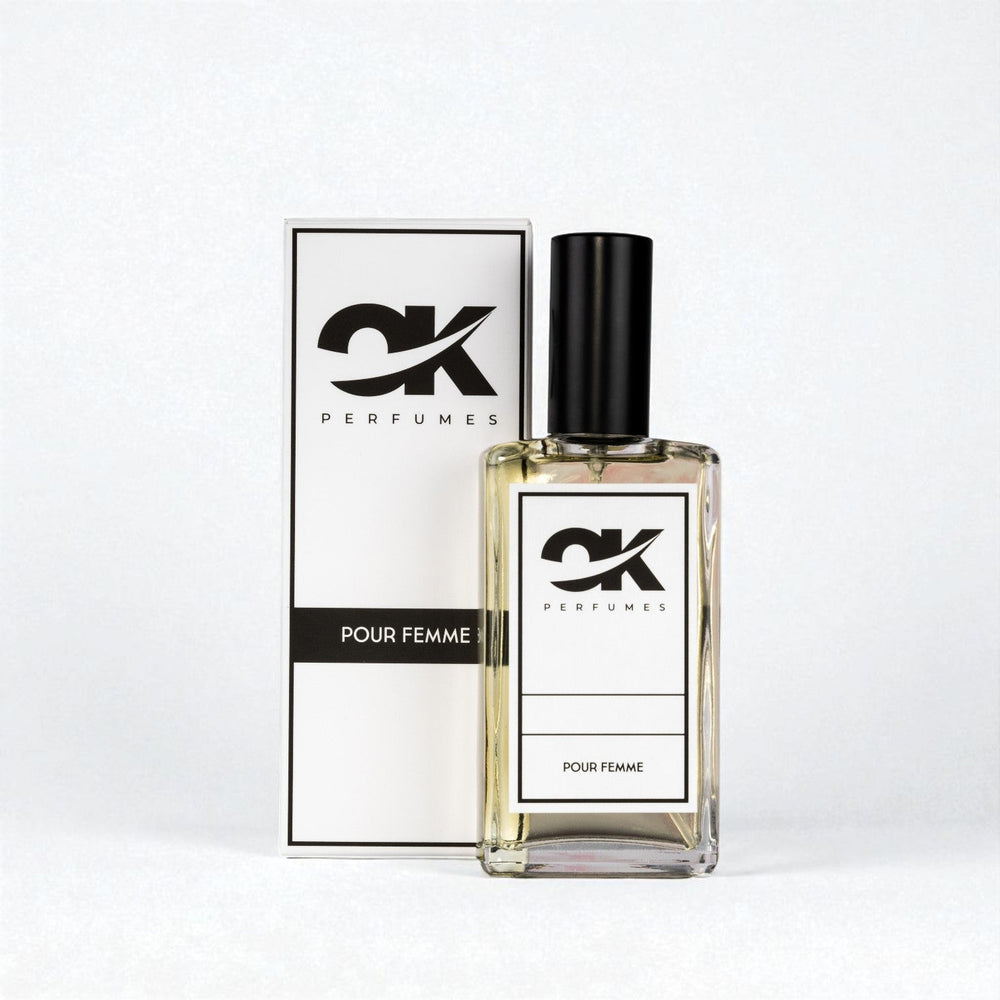
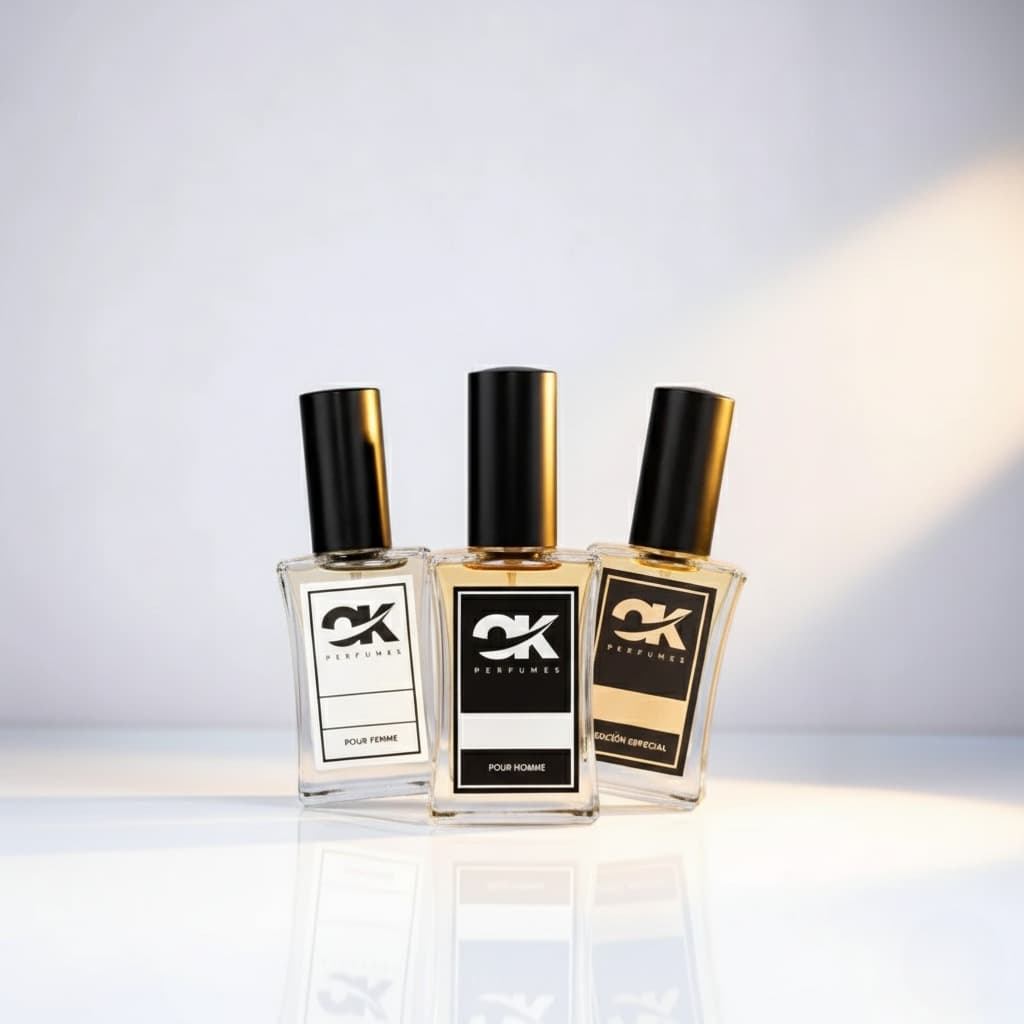

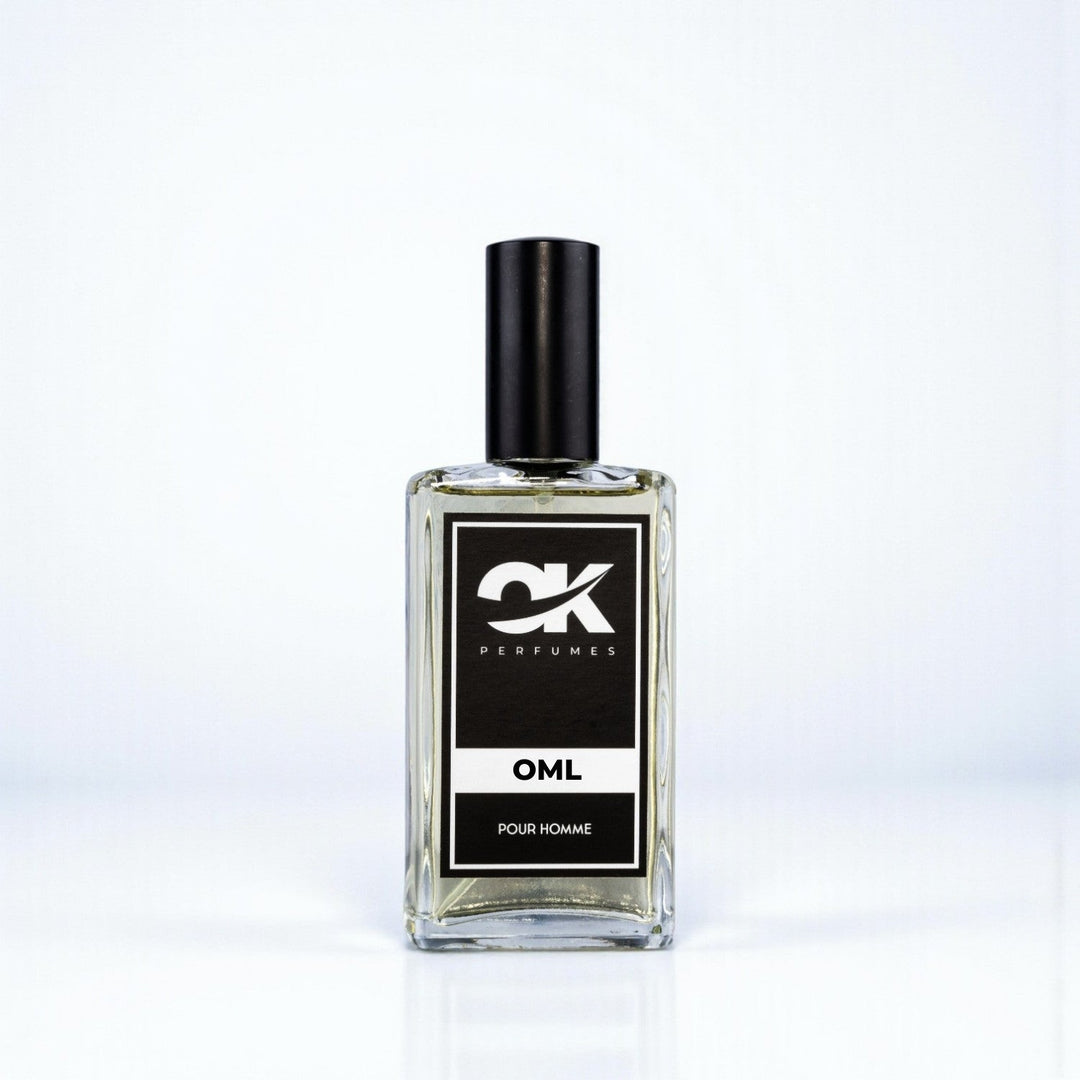
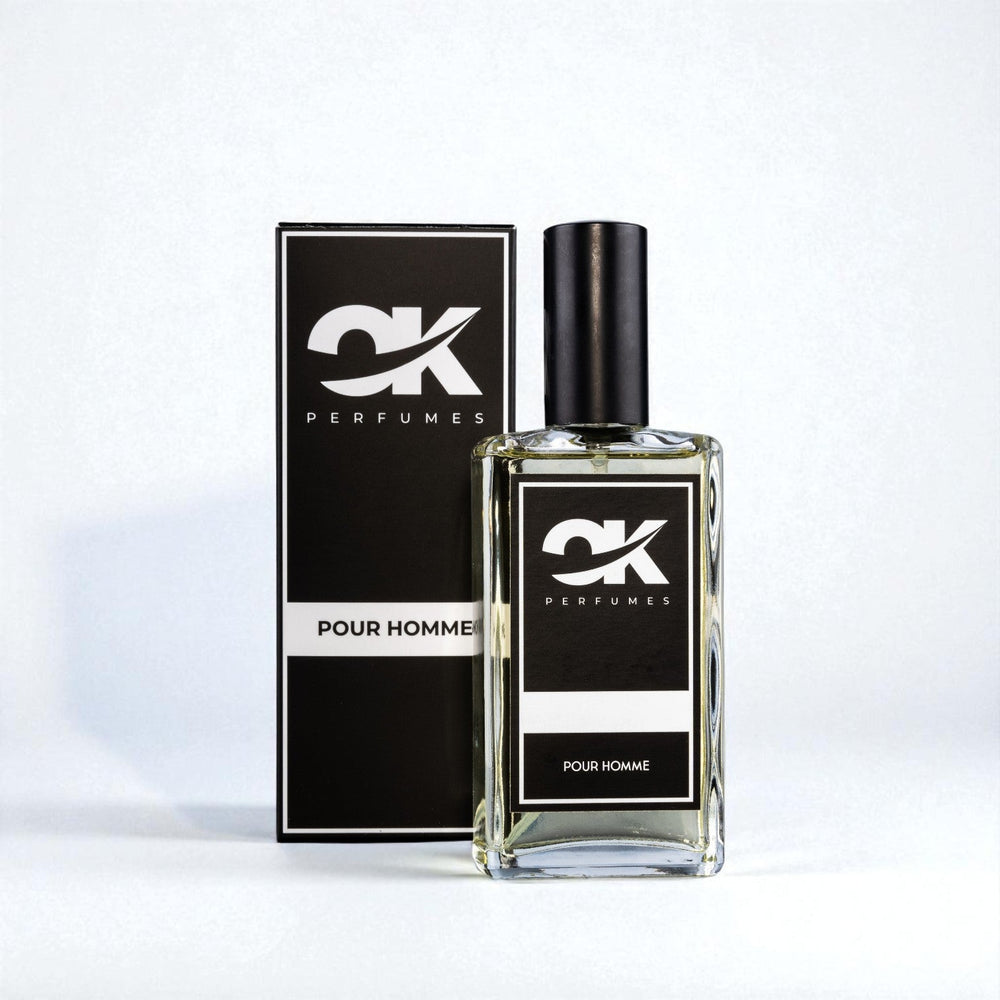
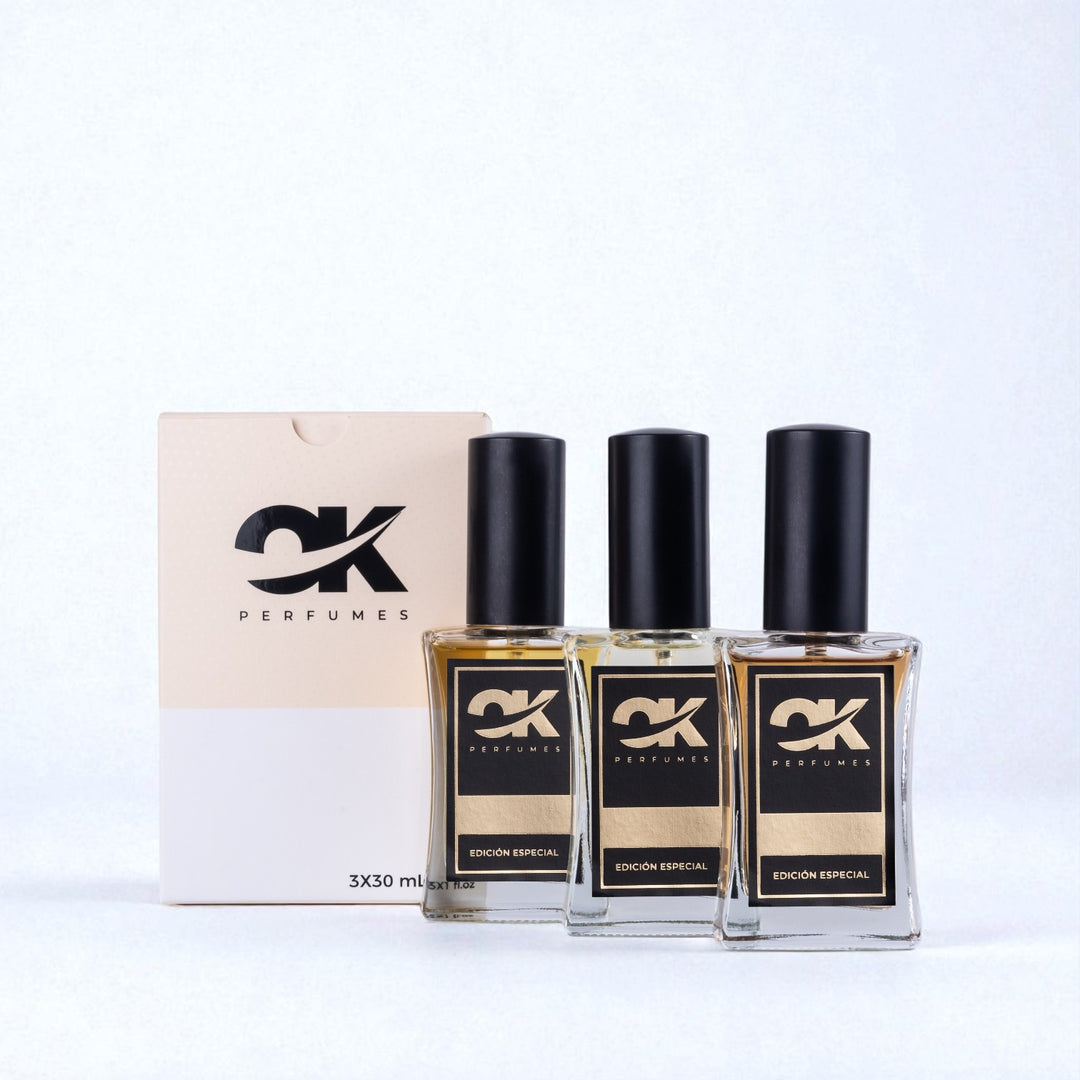
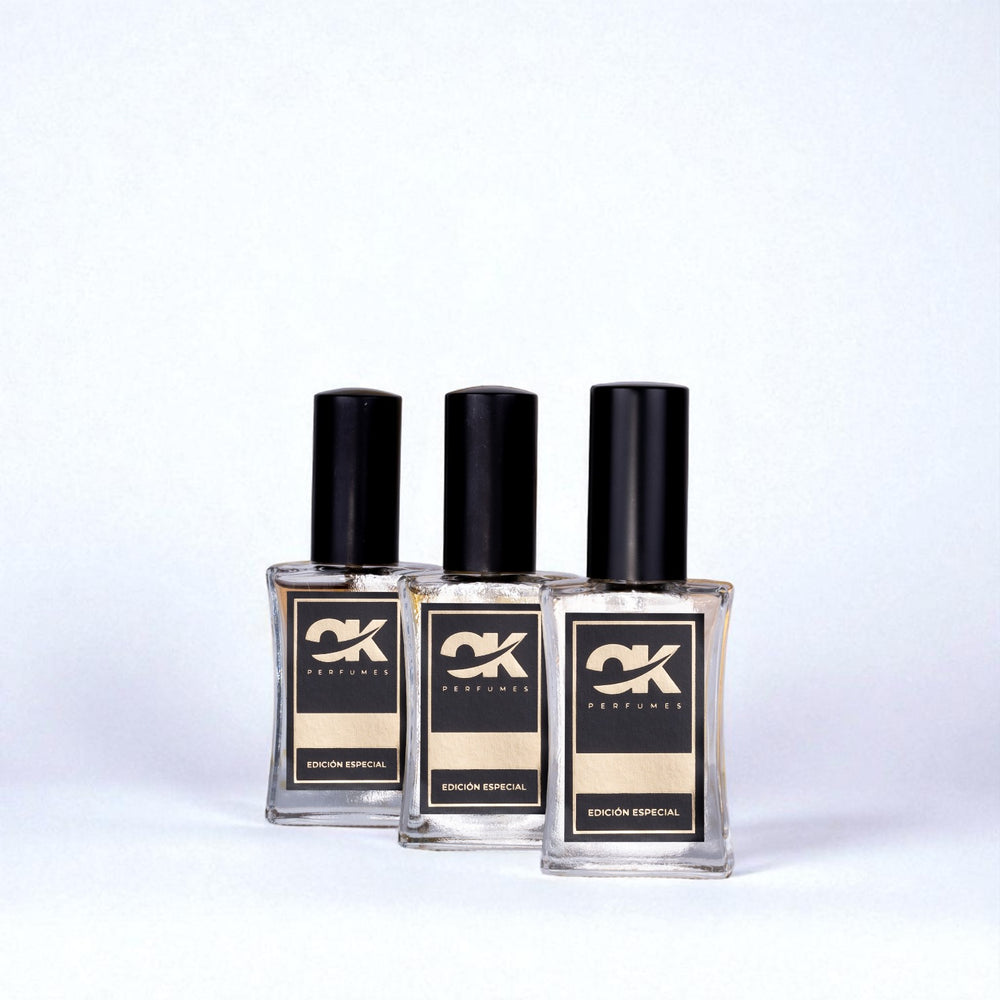



Leave a comment